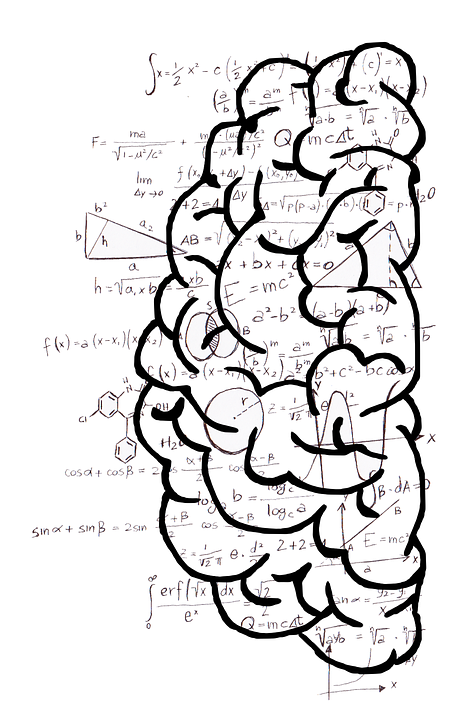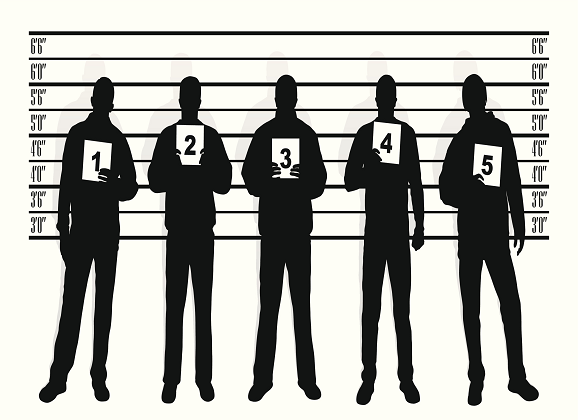When Rationality Is Irrational
A mind all logic is like a knife all blade. It makes the hand bleed that uses it. — Rabindranath Tagore
Today marks a pretty big milestone for this blog. So, I thought I would take today to talk about something particularly meaningful to me – which, by virtue of you reading these articles, is likely something meaningful for you, too:
Rationality
Although most of you probably agree that the world could use a little more rationality, today, I’m going to discuss it a from a slightly different angle.
That is, I’m going to discuss when rationality isn’t, well, all that rational.
RATIONALITY VS. EMOTIONALITY

Rationality uses thoughts and facts—not feelings and emotions—to come to a decision.
In general, people tend to think it’s better to use rationality (rather than emotionality) in decision-making; however, people vary in this belief. Some people think you should only use rationality, whereas others think emotionality cab be more valuable.
Researchers call this difference in belief lay rationalism.
As you might expect, those who score high on lay rationalism (i.e., rely on “cold facts” in their decision-making) tend to be excel in particular domains compared to those low on lay rationalism. For example, research shows that people high in lay rationalism are more likely to save their income for retirement and are more likely to make “rational” purchases. For example, when participants were able to choose a reward for completing the study, those high on lay rationalism were more likely to pick the useful (rather than the fun) reward.

Because those high in lay rationalism rely little on their emotions in decision-making, they use less of their empathy in their charitable decision-making — a major component in getting people to donate. As it turns out, though, their emotional disdain can backfire, too, when it comes to their own wellbeing.
THE RATIONALITY OF EMOTIONALITY
Imagine you’re deciding between two jobs: Company A gives you a smaller office (100 sq. ft.) and also gives another employee of equal status a smaller office (100 sq. ft.). Company B offers you a medium office (170 sq. ft.), but gives another employee of equal status a large office (240 sq. ft.). At which company would you be happier?
Is that the same company you would choose to work for?

Now consider the graph to the left: It shows two types of prizes, where each week you win a free dinner that corresponds to the price listed. Would you rather have Prize A, where the quality in meal escalates every week? Or Prize B which has an overall greater value?
Once again, although the majority of people say they would be happier with Prize A, the majority of people actually choose Prize B.
Thus, if we use the word ‘rational’ to mean making the “right choice” or the one that brings the most happiness to me and others (e.g., like donating), then it can actually be more ‘rational’ to consider your emotions in decision-making.
THE EMOTIONALITY OF THIS RATIONALITY POST

Rationally emotionally,
jdt
Everyday Psychology: Want to hear another area where rationality can lead you astray? Let’s say you had to choose between bluetooth speakers, and Speaker A subjectively has a richer sound to you, while Speaker B has objectively more power (i.e., it has 150 watts/channel vs. Speaker A with 50 watts/channel). Which would you choose? Again, although people report believing they would be happier with Speaker A, the majority of people choose Speaker B. In other words, we tend to value objective traits more than subjective traits, when really, what matters to us is whether we enjoy the darn speaker! 😉
Hsee, C. K., Yang, Y., Zheng, X., & Wang, H. (2015). Lay rationalism: Individual differences in using reason versus feelings to guide decisions. Journal of Marketing Research, 52(1), 134-146.
Hsee, C. K., Zhang, J., Yu, F., & Xi, Y. (2003). Lay rationalism and inconsistency between predicted experience and decision. Journal of Behavioral Decision Making, 16(4), 257-272.







